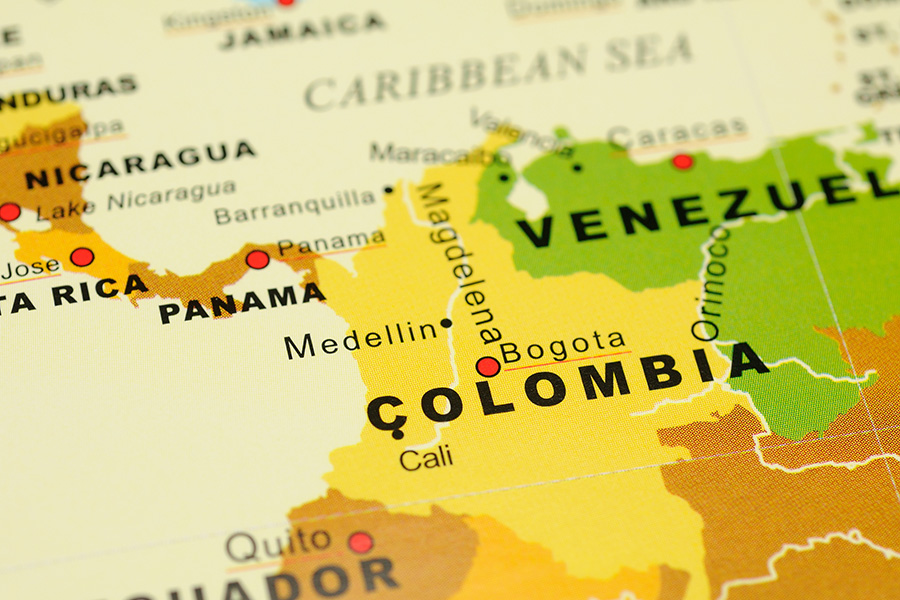
The government seeks to impose, among other points, a 19 percent VAT on online betting.
Colombia.- The gaming industry is on alert after the announcement of the project that is about to be sent by the Executive to propose a tax reform that, among other points, would propose the creation of a 19 percent VAT for online betting.
The new tax reform project or financing law of the Gustavo Petro Government, seeks to raise COP12 trillion. It was announced by representative to the Chamber Wadith Manzur, of the Conservative Party, after a private meeting of congressmen with the Minister of Finance, Ricardo Bonilla.
According to the congressman, among other things, the proposals are still being discussed between the minister and the president. Manzur said that the Petro administration is targeting new sources of revenue that will directly affect sectors so far lightly taxed.
“The Government seeks to expand its tax base by including VAT on online games of chance and targeting Airbnb owners,” declared Manzur. In addition, he noted that an increase in the coal tax and an increase in the taxation of occasional gains are anticipated, while the controversial wealth tax would be maintained.
These revelations come on the eve of the official presentation of the reform, confirmed by Alexander López, director of the National Department of Planning (DNP), for this week. The goal is to raise an additional COP12 trillion to finance the 2025 investment budget.
See also: Colombian lotteries increased health fund transfers by 25%
This VAT proposal for virtual betting did not sit well with sector representatives as they assure that this would lead bettors to seek international or, alternatively, illegal sites, in order not to lose the profitability of their transactions.
Juan Carlos Restrepo, president of the Colombian Association of Gaming Operators (Asojuegos), said that the tax would be directly passed on to the consumer, who today has a return of between 90 and 95 percent, meaning that for every peso bet, between 90 and 95 cents return to the betting public, and if the tax is applied, it would be approximately 78 percent.
“Bettors would prefer to bet on international platforms that do not charge VAT and that guarantee the same return they currently have with companies that offer entertainment services in Colombia. These resources that are currently collected for health would go to companies that neither pay taxes in Colombia nor operate legally in the country,” added Restrepo.








